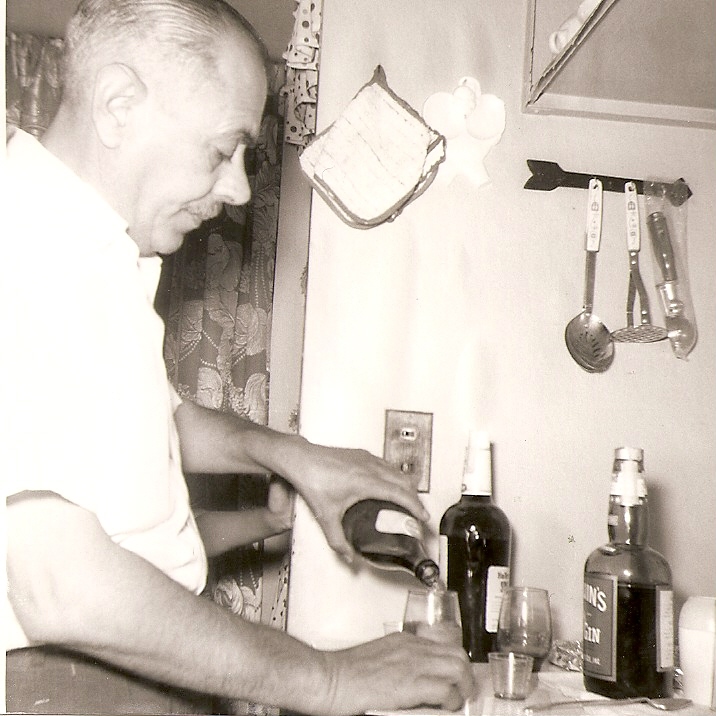In the third chapter of my book Get Back Up I talk about our family’s early days in Tampa. My father had used the money he’d finally received from the Social Security Administration to move us out of the projects of South Philadelphia to our own home in Tampa, Florida. He also bought a small family restaurant called The Little Inn, even though I don’t think he knew anything about running a restaurant.
It was the summer of 1969 and I had just turned thirteen. My brother Dennis and I would get to work at the restaurant, bussing tables and doing general cleanup. We also got to wait tables, and for that we made tips. In fact, tips were the only pay we received, as my father didn’t bother to pay us for our time. As if that wasn’t bad enough, he pocketed half the money we earned. So, while our tips didn’t add up to much, it was enough to go to the movies or buy some candy from time to time.
It was interesting watching my father work at his new restaurant. I never really saw my father as a charming guy. He certainly wasn’t charming to us kids, but he treated his customers well and made them very comfortable. I was beginning to think he might be able to build a business after all. Soon, however, I noticed something else about my father: he was a soft touch.
Down the street from the restaurant was a homeless shelter, and there were usually a few homeless men walking up and down the sidewalk in front of the restaurant. One day one of the men came in and asked if my father wouldn’t “loan” him the money for a meal. My father instead decided he would just give him the meal. While that certainly was a nice thing to do, the word got out and soon more people were showing up for free meals.
My father should have cut them off immediately, but he thought he was doing a good deed. As I wrote in the book, this reminded me of the first time I flew on a plane and during the safety briefing we were told that if the oxygen masks came down we should put ours on before helping others with their masks. From what I could tell, my father was helping others before putting on his own mask, and before long the restaurant had more people eating for free than were paying, and soon after that the restaurant closed and my family was back on welfare.
I learned many lessons during this period of my life that stick with me until this day. One of the most important to me is that it’s okay to help others—we should always try to help others—but not at our own expense. I’m not talking about refusing to sacrifice. I’m talking about making sure that you and your family are taken care of first. It’s hard to help the poor if you yourself are poor. If my father had made his paying customers his first priority, the business might have thrived and he would have had money to continue to help those less fortunate. Ultimately, thanks to his admirable but misguided generosity, he could no longer help the poor, himself, or his family.
Lessons:
- Put on your oxygen mask before helping others.
- In business it’s best to think with your head before your heart.
- A hand up is better than a handout. Handouts lead to a life of survival. A hand up could lead to a life of success; it absolutely did for me.
George A. Santino helps people who want to break down barriers, including self-imposed barriers, to success. Check out his Amazon bestselling book, Get Back Up: From the Streets to Microsoft Suites.

